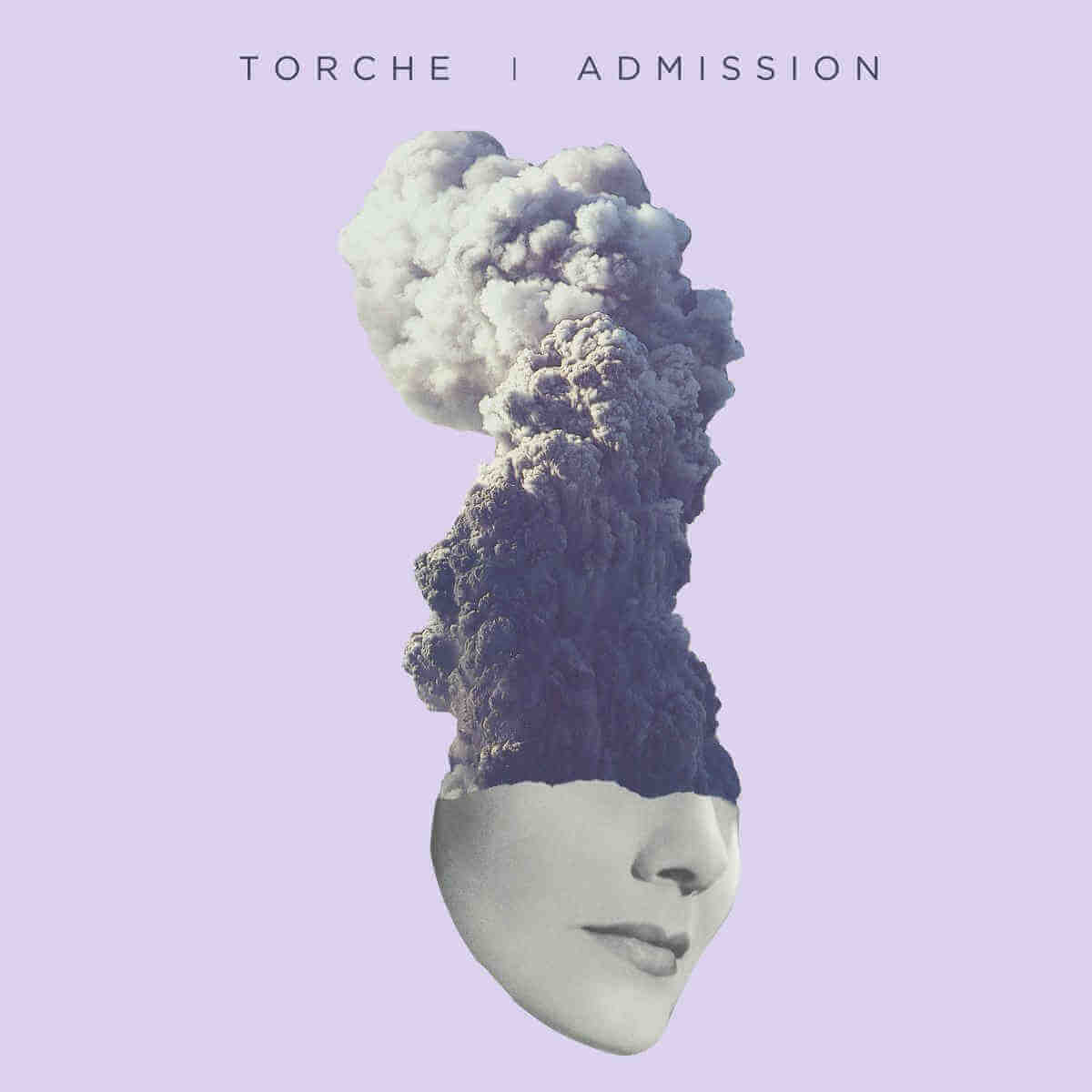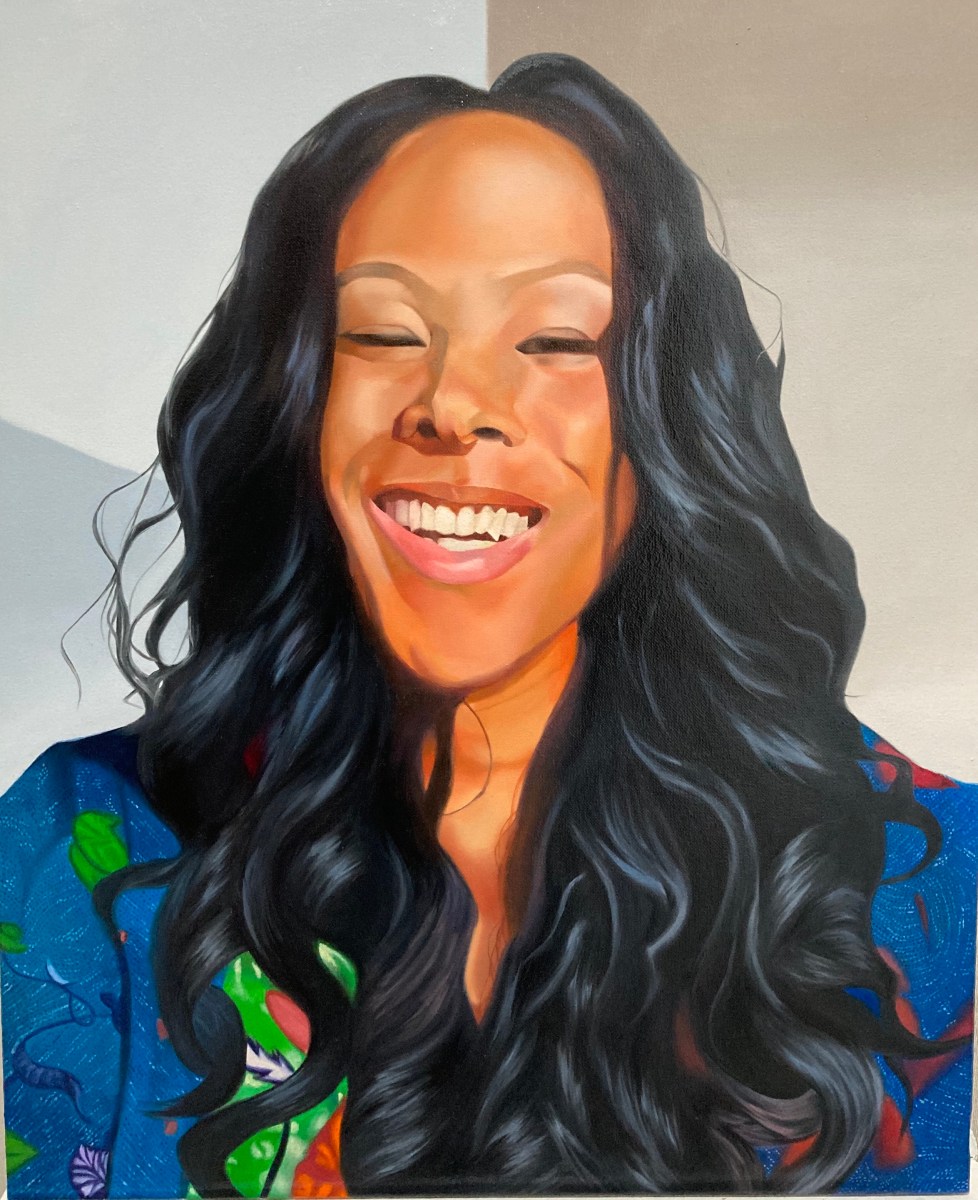Torche’s “Admission” is thick and syrupy as molasses. Although the band usually gets called metal (they’re not thrilled with genre tags), they push rhythm guitar and drums to the front and envelope their music in a layered, trebly wall of noise that comes closer to shoegaze. “Admission” dials Steve Brooks’ vocals down in the mix and floats down-tuned riffs on top of start-and-stop rhythms.
Torche’s music doesn’t emphasize solos, although on most songs, guitarist/ producer Jonathan Nuñez darts out to play brief melodies that are barely audible above the rest of the band. They play together as a unit. Instead of 16th-note shredding, Nuñez’s lead part on “Infierno” breaks into an abrasive clump of pedal-driven noise.
The roots of Torche’s sound lie in ‘80s bands like Kyuss and The Melvins. They formed in Miami in 2004, after Brooks’ band Floor broke up, releasing their first album the following year. For a band that’s been labeled doom metal, stoner rock, and sludge rock, their music is surprisingly upbeat. Much of the best recent American metal has come from the South, with an ambience evoking long, hot summers. Aseethe, told the download site Bandcamp, “Doom music is excruciating; it is slow, and can be rather painful.” Torche don’t live up to that description, nor does their music summon up a “hand of doom,” to lift Black Sabbath’s song title. Instead, most of “Admission” communicates a sense of triumph.
Torche have gone back and forth in their musical direction. After a fairly raw debut album, their next three albums “Meanderthal,” “Songs For Singles,” and “Harmonicraft” went in a more melodic vein. Some reviews described it as “stoner pop.” But their 2015 debut for their current label Relapse Records, “Restarter,” returned to a more abrasive sound. Torche’s recent music emphasizes rhythm over melody, which usually comes from the vocals. Of all the songs on “Admission,” “What Was” brings hard rock close to dance music. “Infierno” is a dirge whose invocation of hell sets the stage for the far more upbeat album closer, “Changes Come.”
Brooks’ lyrics rarely arrive at a direct point. Their subject matter is usually ambiguous and hard to pin down, instead describing emotional states indirectly. His delivery and the words’ sound make more of an impact. “Times Missing” and the title track stand out because they seem to refer to the aftermath of a breakup. On the former, he sings “Lost in time/ Viewing through your magic eyes/ Reminded of times missing.” The chorus of “Admission” repeats, “Yes, I will pretend/ I don’t need to love again.”
Brooks came out in 1993, long before Torche formed. Hard rock/ heavy metal has an ugly history with homophobia and queer invisibility, despite Rob Halford embracing a leather daddy persona long before he was open about his gayness. Axl Rose felt comfortable writing the grotesquely homophobic (and racist) “One In a Million” in 1988; at the opposite side of “extremity,” Bard Eithun, drummer of the Norwegian black metal band Emperor, murdered a gay man in 1992. In an article by Hannah Ewens on Red Bull’s website, Brooks discusses his teenage years and difficulties accepting his sexuality in the metal scene: ““None of the bands I listened to were gay. I didn’t have anyone to look up to in the world of what I do or the type of music I admire. It would have been good… For those that are gay and alone and maybe in small towns and have heard of our band: we’re here.”
One could trace Torche’s DNA all the way back to the ‘70s, with a touch of Tony Iommi in their guitar sound. But they distinguish themselves from the many doom metal bands doing derivative cosplay. Brooks and Nuñez’s guitar playing is both dissonant and bright. Their music is heavy without being macho or aggressive. “Admission” requires repeated listens for its hooks to sink in, but they do exist. Fifteen years into their existence, Torche are still expanding the potential of hard rock.
TORCHE | “Admission” | Relapse Records | Drops July 12 | relapse.com/torche-admission









